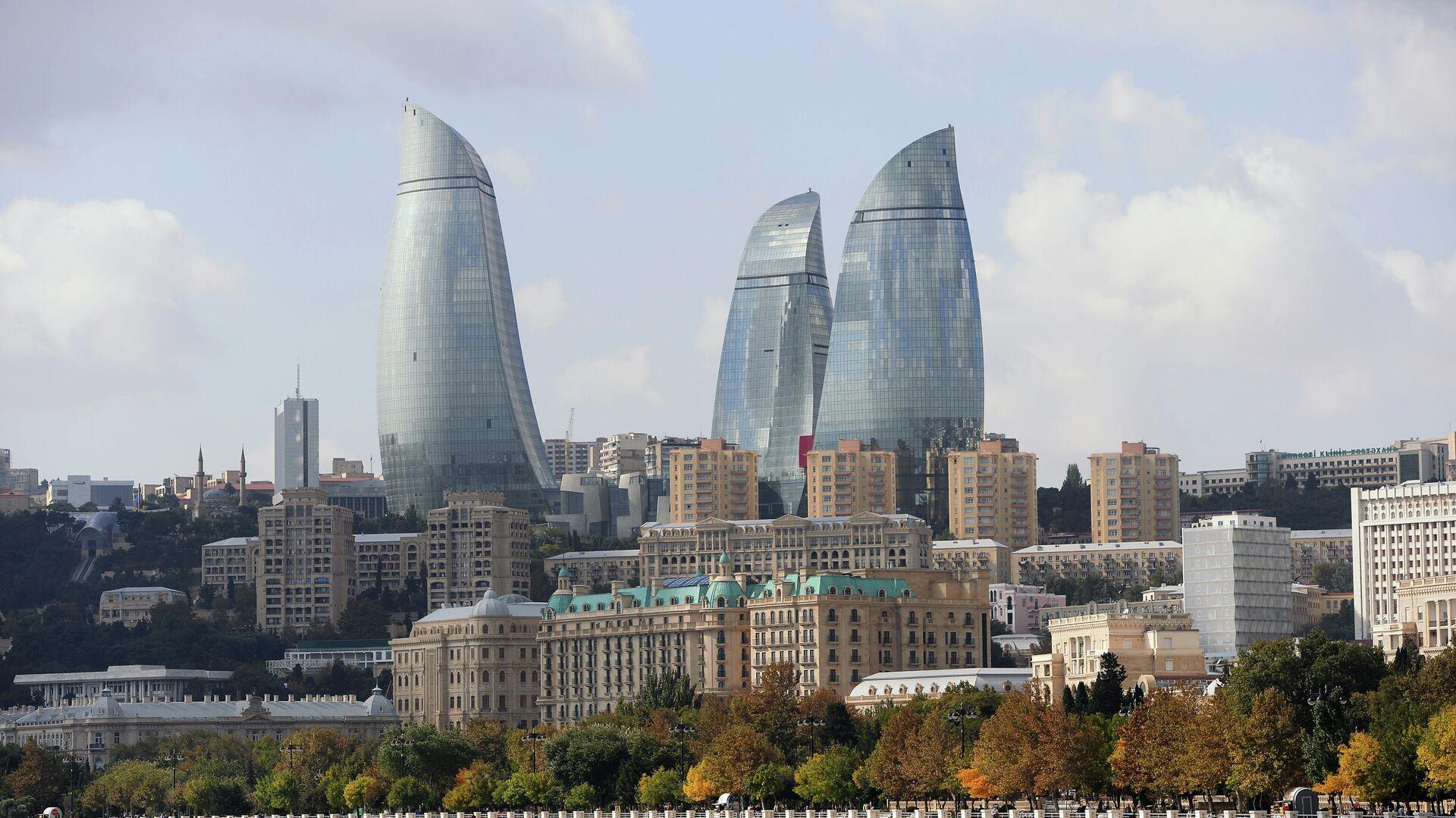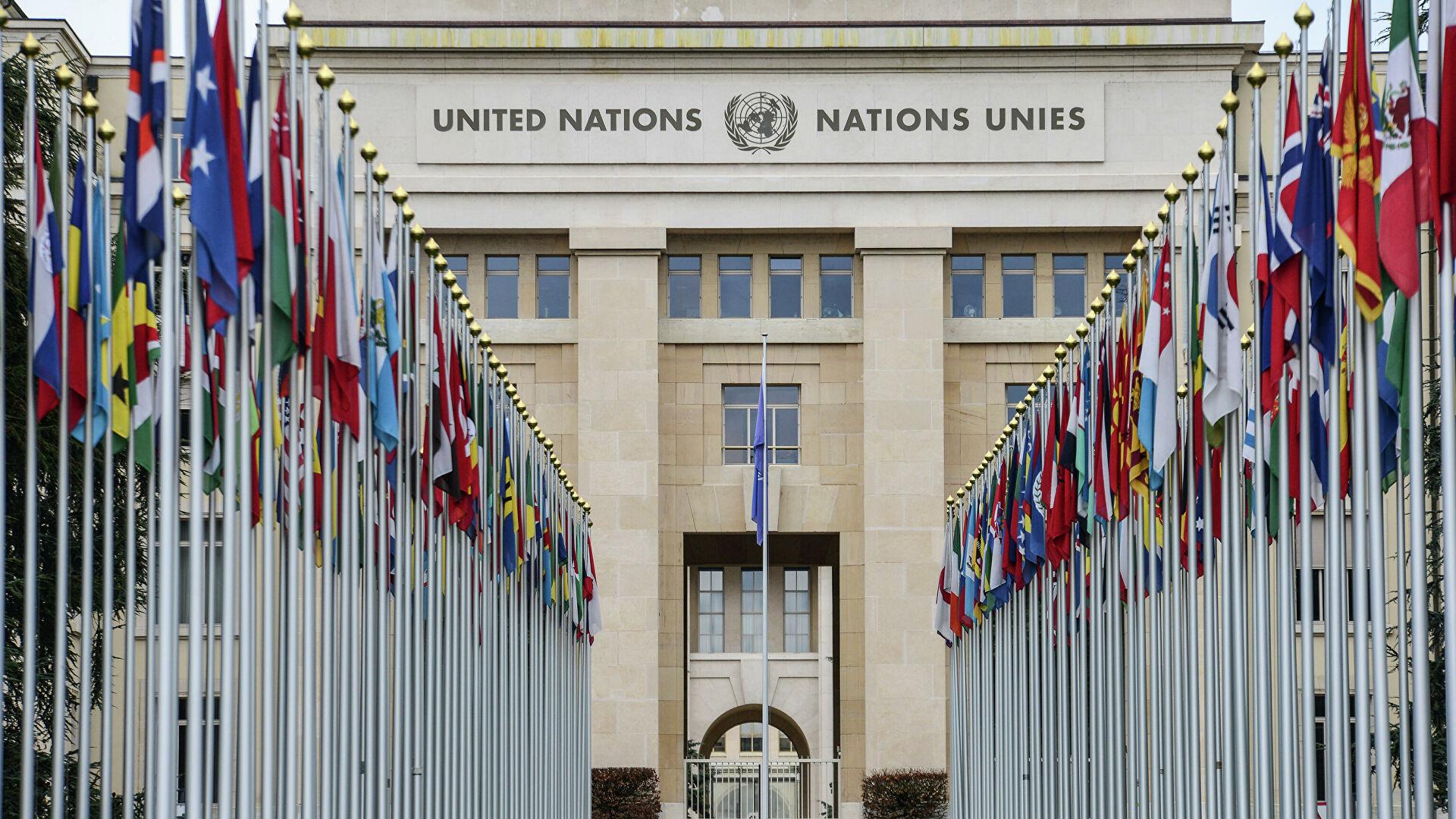Back to the UNDP... Questions that remain unanswered
It is never easy to write on topics that have already been covered many times. Especially if the question has been touched and analysed more than once. One of the most valuable elements of international politics and international relations is the ability to state one's position clearly and consistently, and to pursue one's goal relentlessly. The work of our diplomacy to liberate occupied territories from Armenian invaders is a vivid example of this.
Over the past few months, Azerbaijan has managed to solve a number of important problems facing our country in the international arena. One of the indisputable achievements is a radical change in the attitude of the leading international multilateral partners and international organizations to various kinds of cooperation mechanisms in the lands recaptured by our army from the Armenian separatists in 2020. The November before last was followed by a rather long and incomprehensible pause, in which, we dare say, there were many strange intervals, misunderstandings and conventions, as well as diplomatic battles and behind-the-scenes movements. Some partners, who could not understand the new realities, fully complying with the canons of international law, at the end of the day realized that Azerbaijan is only trying to get back the lands taken away from it thirty years ago, turned by the Armenians into a wasteland.
We will not list all the significant events in this regard. However, the trilateral assessment mission of the United Nations, the World Bank and the EU, the celebration of thirty years of relations with the United Nations in Shusha, the visits of the UN Environment Program and the UN Human Settlements Programme to the liberated territories, which finally reached Azerbaijan, unequivocally indicate a radical change in the international community of technical assistance and cooperation. Armenia sent a note to the UN Secretary-General on the eve of the event in Shusha, and the Armenians working in the UN wrote some kind of petition stating "what the hell are you doing?" However, the UN was lukewarm to these sentiments. They are clearly aware that Azerbaijan not only returned its land in accordance with international law, but is doing a great job to return the population there, and doing it as quickly and as well as possible. The use of green energy, smart settlements, care for the environment - all these most advanced elements are used by our country together with a well-formed approach, ensuring the coordinated work of dozens of ministries and agencies. Programs of this scale cannot be perfect a priori. But the fact that a systematic approach based on speed and quality has been chosen is obvious to everyone, including foreign experts.

Azerbaijan has always declared and continues to declare its commitment to the principles of development and partnership on the way to its achievement. Our country, which expects to further strengthen international cooperation in the restoration and reconstruction of Karabakh, is interested in the experience of international partners specializing in post-crisis and post-conflict recovery. Moreover, we are interested in a partnership. We are interested in cooperation, which has something to offer in terms of its own experience and successful developments. At this stage I shall only mention our demining program and coordination of the process in general, although I am sure that our other approaches and experience will also be in great demand, especially taking into account certain developments in the world.
Against this background, we can't avoid the problematic topic of Azerbaijan's cooperation with the UNDP. Let's start with the fact that recently this organization has demonstrated both willingness and ability to work with us on issues that are extremely relevant to us. The international conference held jointly with our demining agency was a landmark event that, for the first time, positioned humanitarian demining in direct connection with the Sustainable Development Goals. Several statements made by country office leadership also offer hope that the partnership will be fully restored.
A few months ago, haqqin.az brought up the issue of double standards in the UNDP, whose employees of Armenian origin have allowed themselves a smear campaign against Azerbaijan and Turkiye and the leaders of both countries. Anger was poured at us from social networks whose owners unscrupulously used their official position and the flag of the organization for absolutely inadmissible purposes.
This information caused a storm of indignation in Azerbaijani society. Mainly silent for 30 years of occupation and violation of rights of Azerbaijanis, the organization became a safe haven for individuals with low moral qualities and with UN passports engaged in development and peacebuilding issues. Probably, among the Armenian employees who signed the appeal to the UN, there were also those who expressed anger on the social networks of the UNDP.
This indignation has reached the UNDP headquarters in New York. Moreover, the UNDP leadership recommended a person known for his warm attitude towards Armenia and its citizens for the post of UNDP head. Yes, this lady did not go to Baku for unknown reasons.

But let's leave this chief alone, and get back to the Armenians, who have violated all rules of their own organization. As far as we know, the Azerbaijani side was informed that they are under official investigation. If they want to investigate and punish the Armenians, as they did in the initial stage of the scandal when they received promotions in response to complaints about violations of ethics by the Armenians, it won't take long before Azerbaijan responds. The UNDP is a big deal for our country, but it is not irreplaceable for us, either. And if we do not get proper explanations and comprehensive information about the measures taken, then we will push the UNDP. Azerbaijan's voice is well heard on hundreds of international platforms, including those created by our country. We certainly prefer to use this potential for the creation and promotion of common development goals, but if necessary, we can clearly show the forgers where the truth is.
So, we are still waiting for UNDP’s answers to the following questions:
Can an employee of your agency openly engage in politics and participate in an information war, telling lies about a sovereign state and its people, including those Azerbaijanis who also work in the same structure?
If not, what would be the punishment for those who do this over a long period of time?








